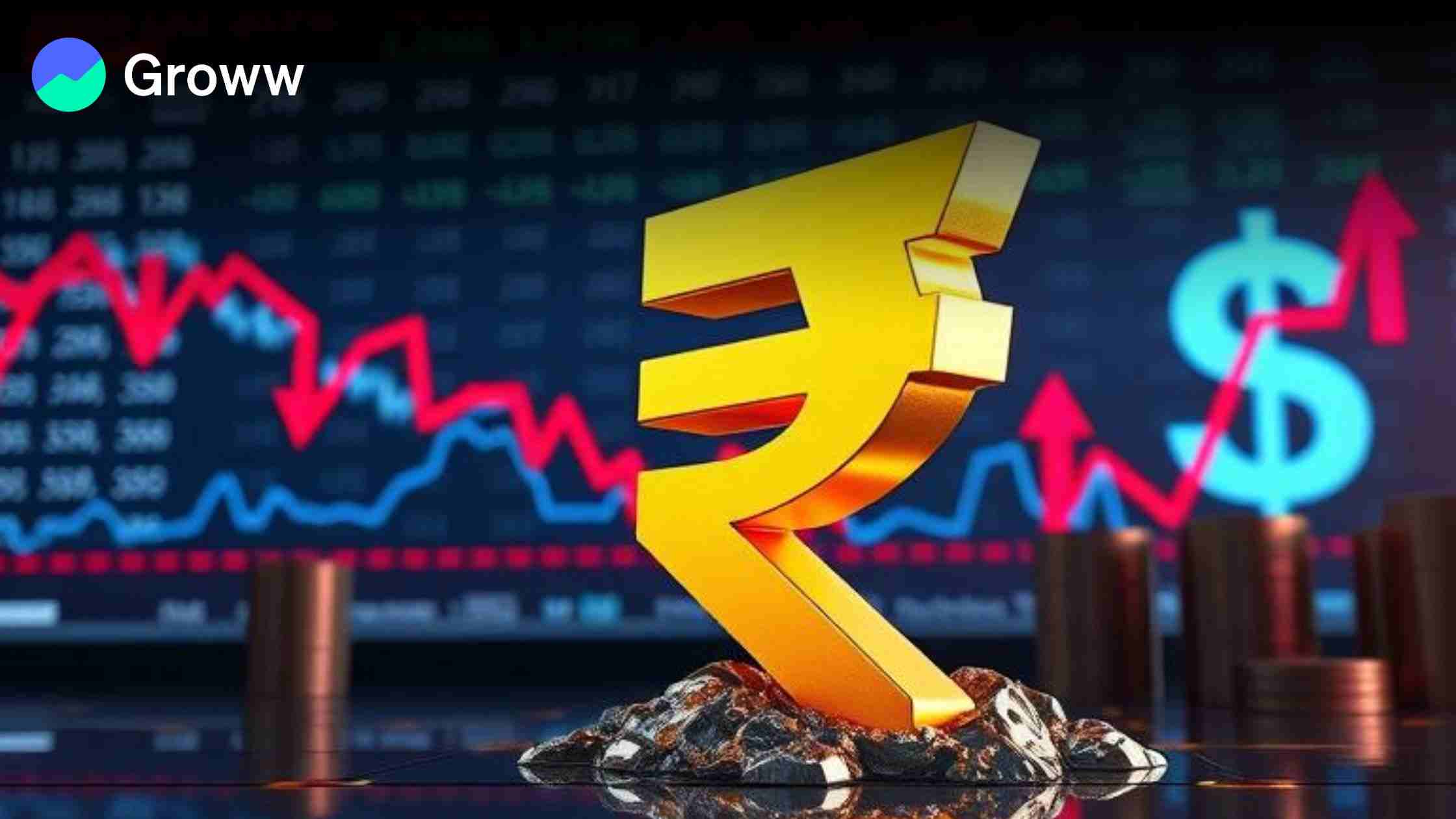Rupee Weakens Amid Escalating India-Pakistan Tensions, depreciates 12 paise to ₹85.84

The Indian rupee continued its downward trajectory on Friday, opening at ₹85.84 against the US dollar, a 12 paise decline from the previous close of ₹84.72. This movement follows a significant drop on Thursday, marking the rupee's worst session in over two years, as geopolitical tensions between India and Pakistan intensified.
The escalation began after Pakistan launched eight missiles targeting regions in Jammu & Kashmir, including Satwari, Samba, RS Pura, and Arnia. Indian air defence systems intercepted these missiles. This action was in retaliation to India's earlier strikes on Pakistan air defence radars and systems, responding to attempts to engage Indian military targets.
Market Reactions Reflect Heightened Uncertainty
The rupee has depreciated by 1.47% this month, continuing a trend of weakening over the past two months. Analysts suggest that, without intervention from the Reserve Bank of India (RBI), the currency could further decline towards ₹86.50.
Equity markets mirrored this sentiment, with the BSE Sensex falling over 600 points and the Nifty 50 testing the 24,000 mark. The Nifty Realty Index also saw a decline of 2.5%, indicating widespread investor caution.
Global Factors Compound Domestic Challenges
The rupee's decline is not solely attributed to regional tensions. A strengthening US dollar, buoyed by positive economic indicators and trade developments, has exerted additional pressure on emerging market currencies, including the rupee. The dollar index stood at 100.63, reflecting its strength against a basket of currencies.
Crude oil prices have also risen, with Brent crude trading at $63.10 per barrel, adding to inflationary concerns and impacting the rupee's stability.
Investor Sentiment and Future Outlook
Despite the current volatility, some market participants remain cautiously optimistic. Historical precedents suggest that while geopolitical tensions can cause short-term market disruptions, long-term impacts may be limited if the situation de-escalates. However, the immediate future remains uncertain, with the rupee and broader markets sensitive to further developments in the India-Pakistan dynamic.
The RBI's response will be crucial in stabilising the currency and maintaining investor confidence. Market watchers will be closely monitoring any policy measures or interventions aimed at mitigating the current economic pressures.
Disclaimer: This news is solely for educational purposes. The securities/investments quoted here are not recommendatory.
To read the RA disclaimer, please click here